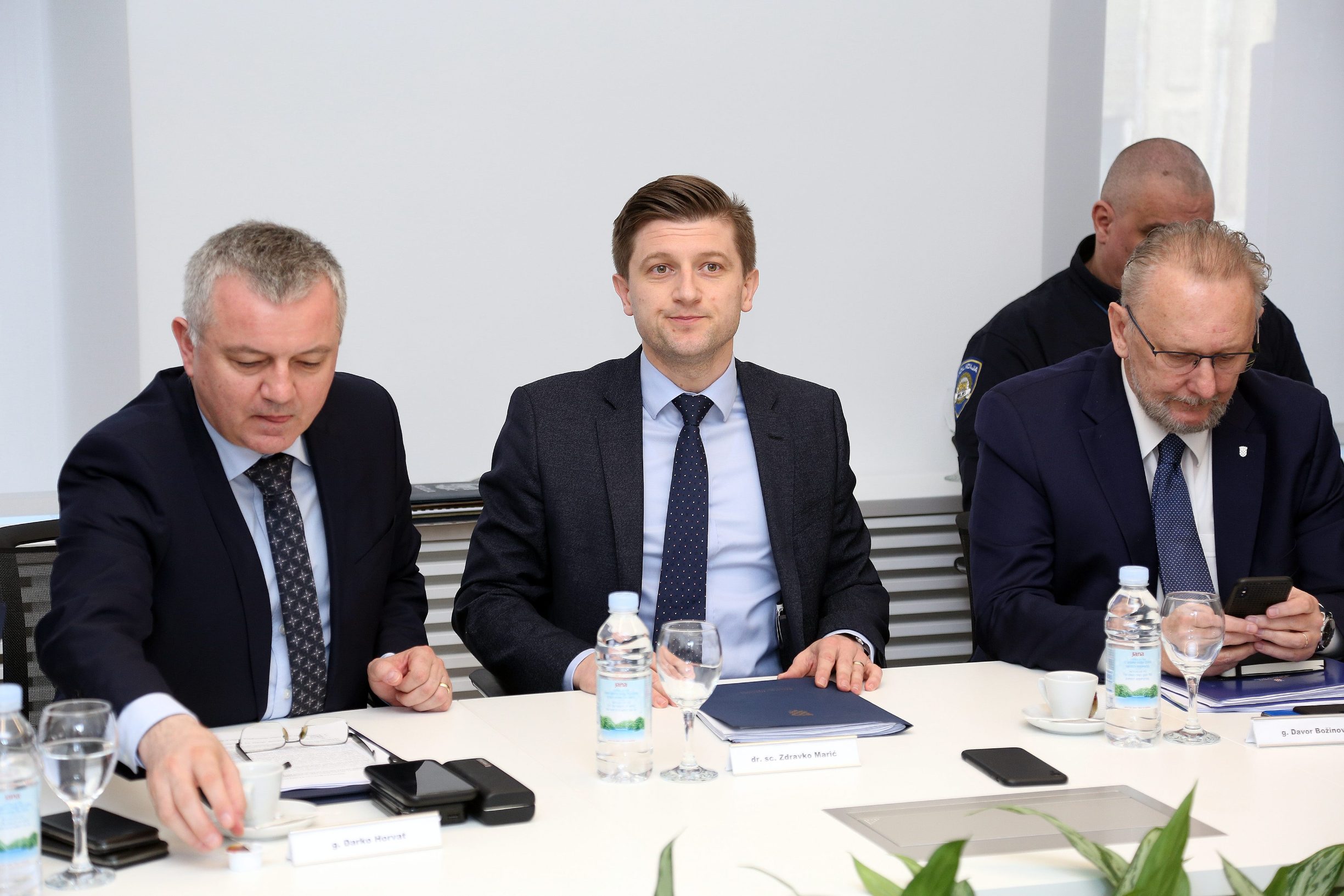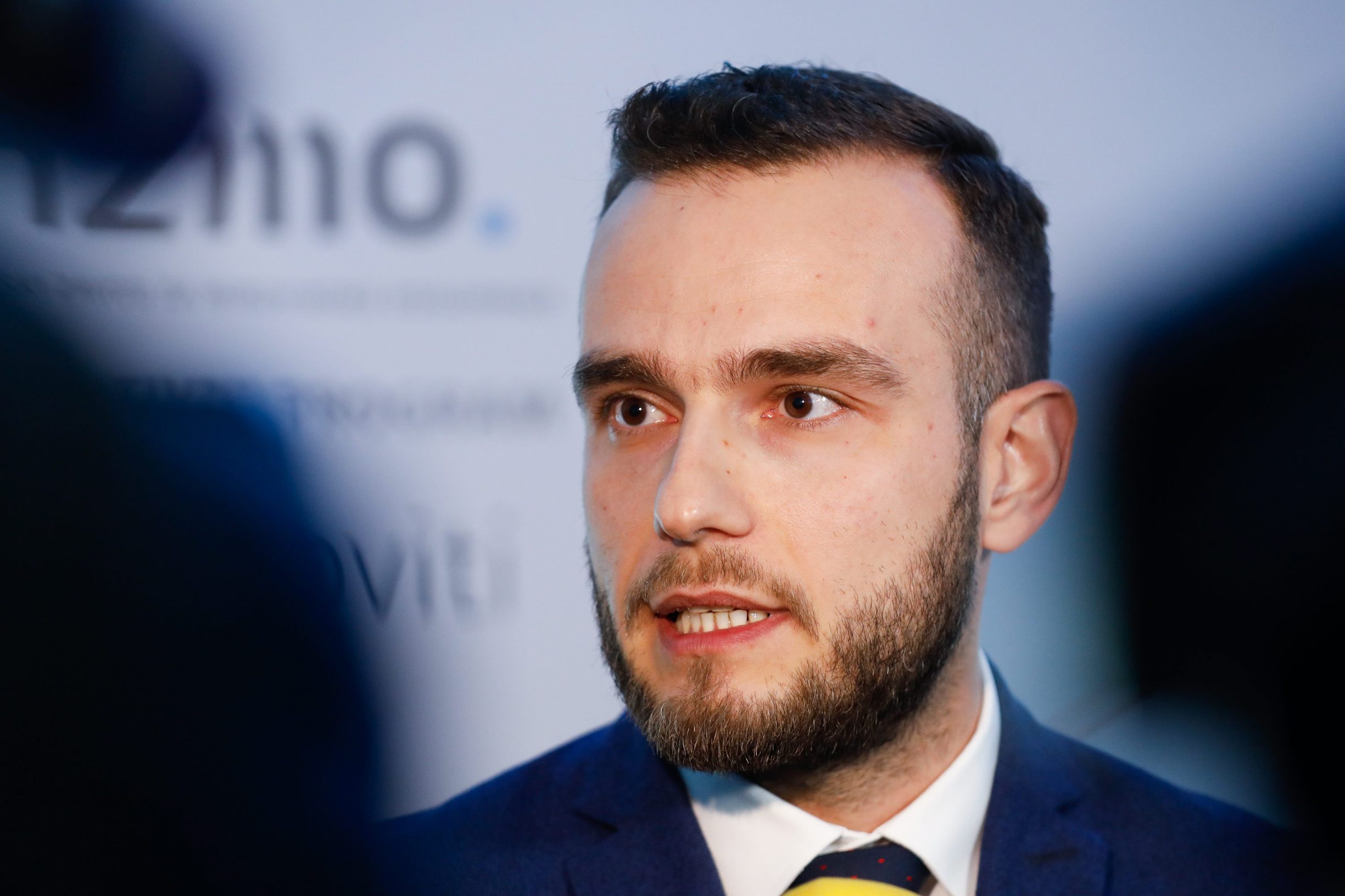
"At the moment, I think that there is no need to spread panic regarding coronavirus and its economic effects. We are monitoring what is happening on the labour market and in the economies of neighbouring and inbound markets as well as on the tourism market. Those markets can have the biggest impact on Croatia's economic results and we will certainly be prepared for any possible scenario," Aladrovic told reporters.
With regard to Prime Minister Andrej Plenkovic's announcement of measures designed to encourage the return of Croats who have gone abroad to work, Aladrovic said that those measures would be implemented during April without specifying what the measures entail.
He hinted, however, that the measures would be a combination of financial incentives and the possibility of employment in Croatia with better working conditions.
Aladrovic recalled that the government's active employment policy has been in force since the start of the year and that it has resulted in an increase in incentives for employment, self-employment and on-the-job training, as well as in unemployment benefits.
The new measures will encourage "migration within the domestic labour market as well as the migration of those people who have emigrated from Croatia for various reasons," said Aladrovic presenting a digitisation project for the Croatian Pension Insurance Fund (HZMO).
"At the moment I can't say more because we have to consult with the social partners, as we usually do when adopting active employment measures. The Croatian Employment Agency (HZZ) is an active partner in that... we will encourage repatriation as well as migration from those areas where there is a surplus on the labour market to those areas where there is a shortage," he added.
Asked whether it was realistic to expect that the incentives will attract people to return considering the pay gap between Croatia and western countries, Aladrovic said that objectively Croatia can hardly compete with those countries in that regard.
"However, on the other hand, Croatia has certain advantages. Those people are Croatians. They left the country due to various circumstances and a good portion of them wish to return to Croatia but are not in a position or willing to do so due to economic or other reasons," he said.
He underscored that in February this year there were 35,000 more employed people compared to February 2019 and that "employment incentives have been increased to 50% of total gross wages without any limit while incentives for self-employment currently amount to between HRK 75,000 and HRK 100,000."
"If we observe this government's term, to date about HRK 7.6 billion has been invested in active employment, which is 2.5 times more than the previous government did in its entire term... when it comes to youth unemployment, we've reduced it from 50% to 19%. We are doing everything we can through active employment measures but also through demographic and economic measures to make it easier for people to find a job," concluded Aladrovic.





Za sudjelovanje u komentarima je potrebna prijava, odnosno registracija ako još nemaš korisnički profil....